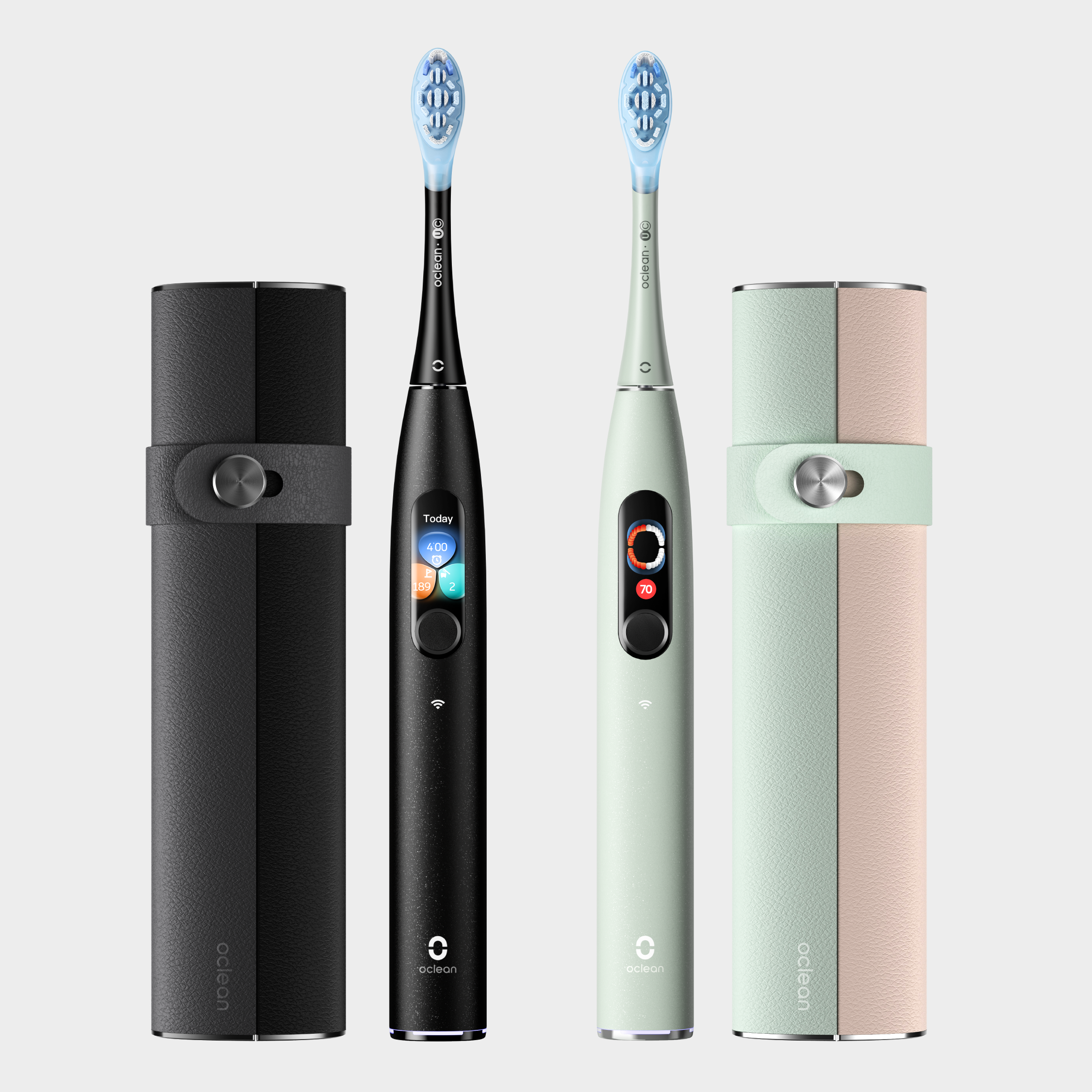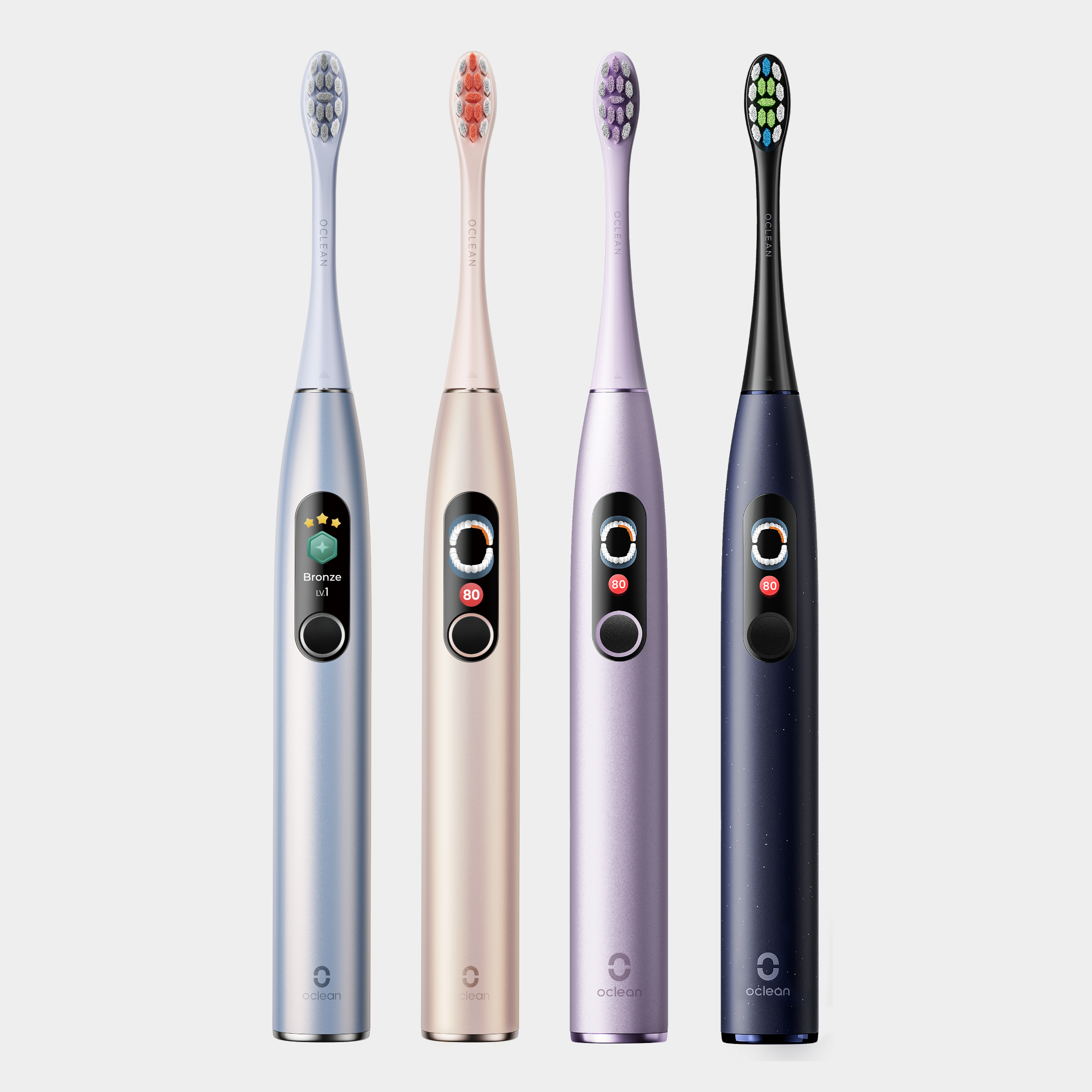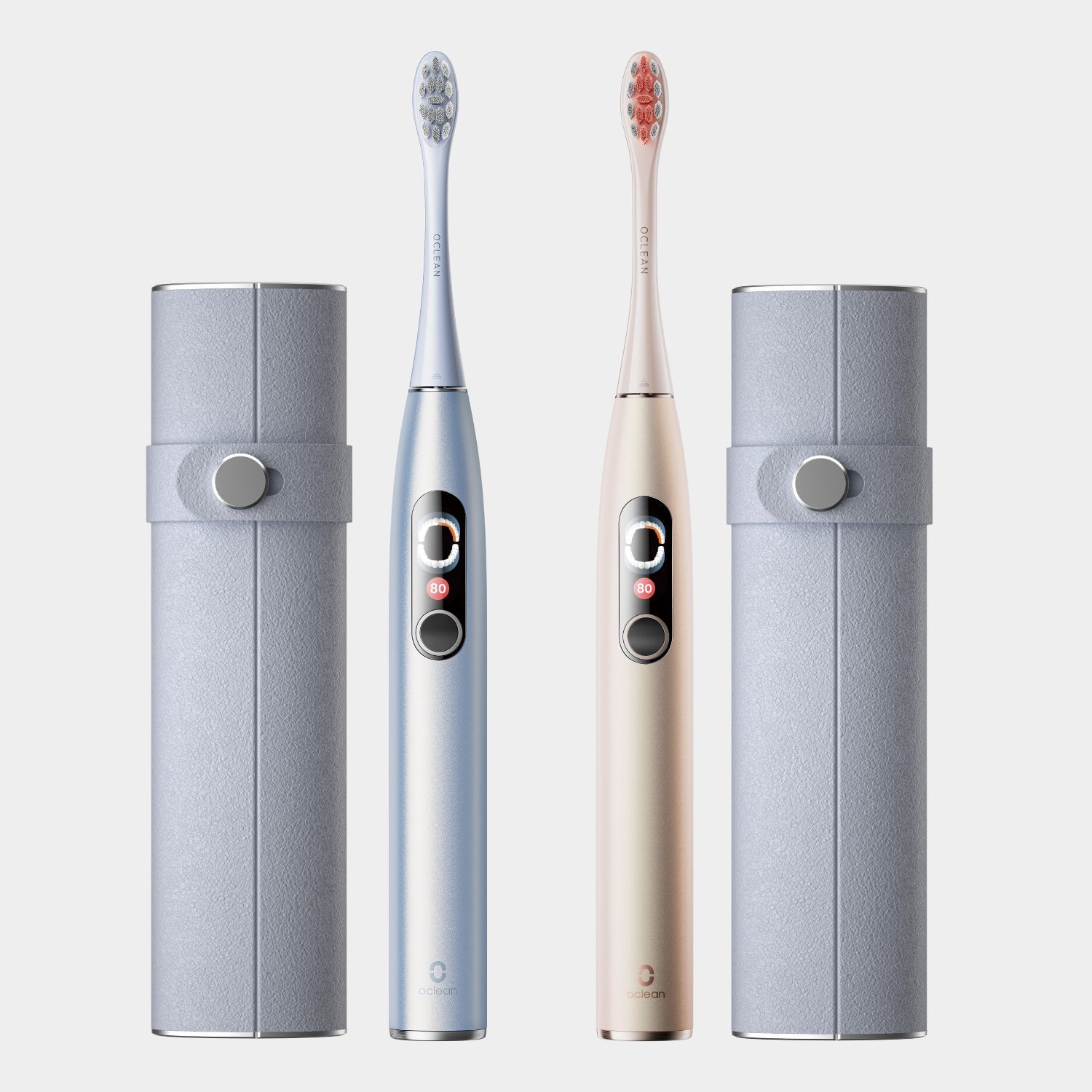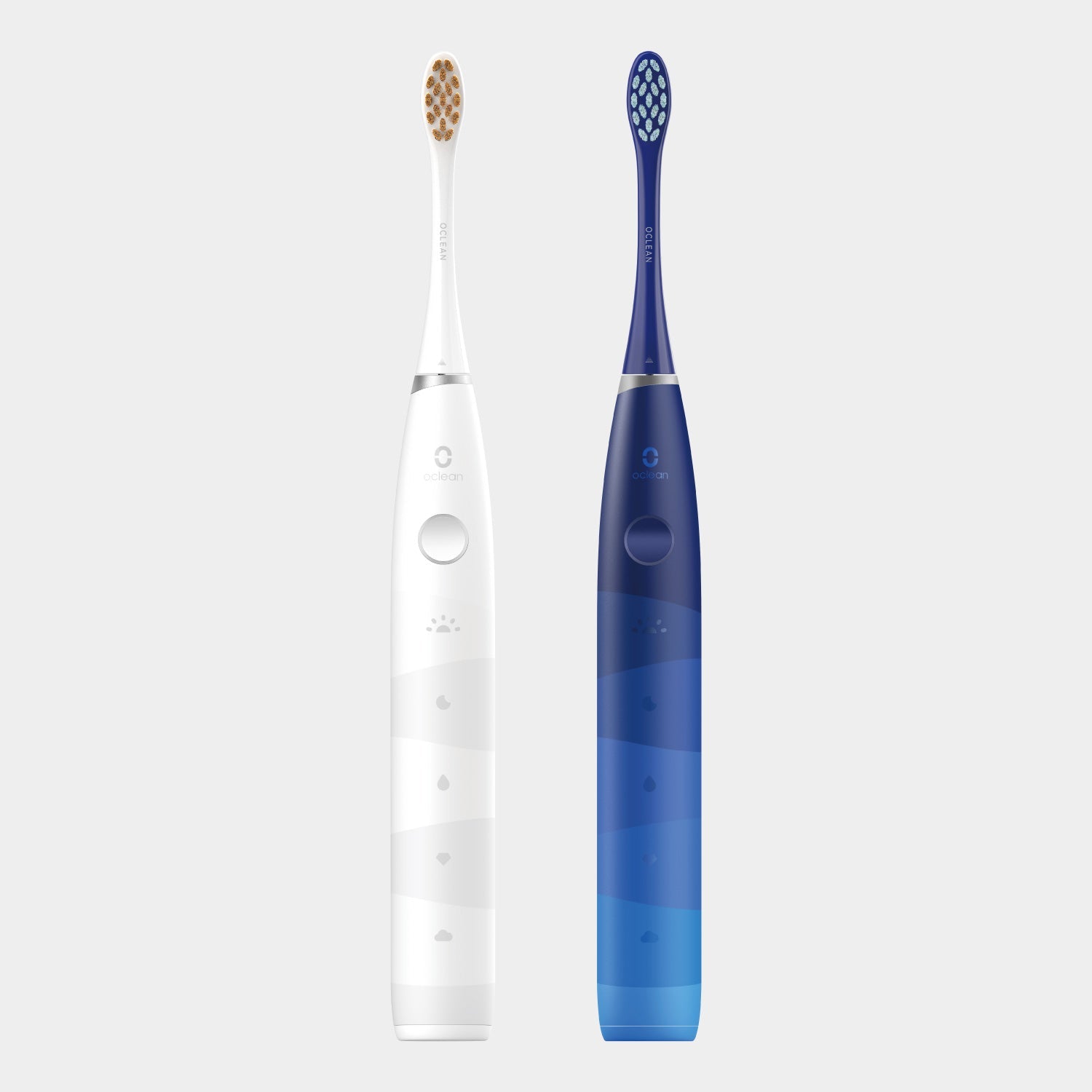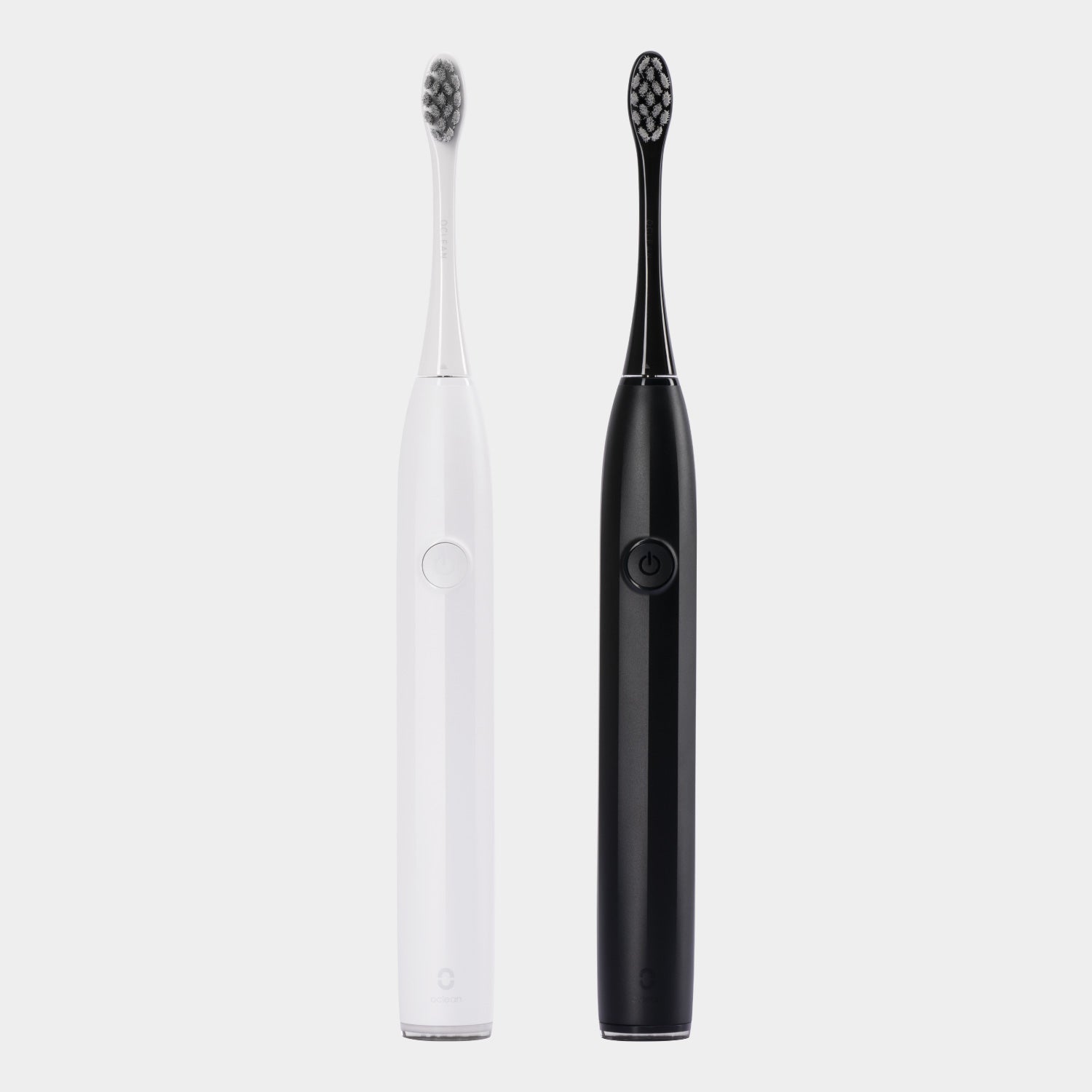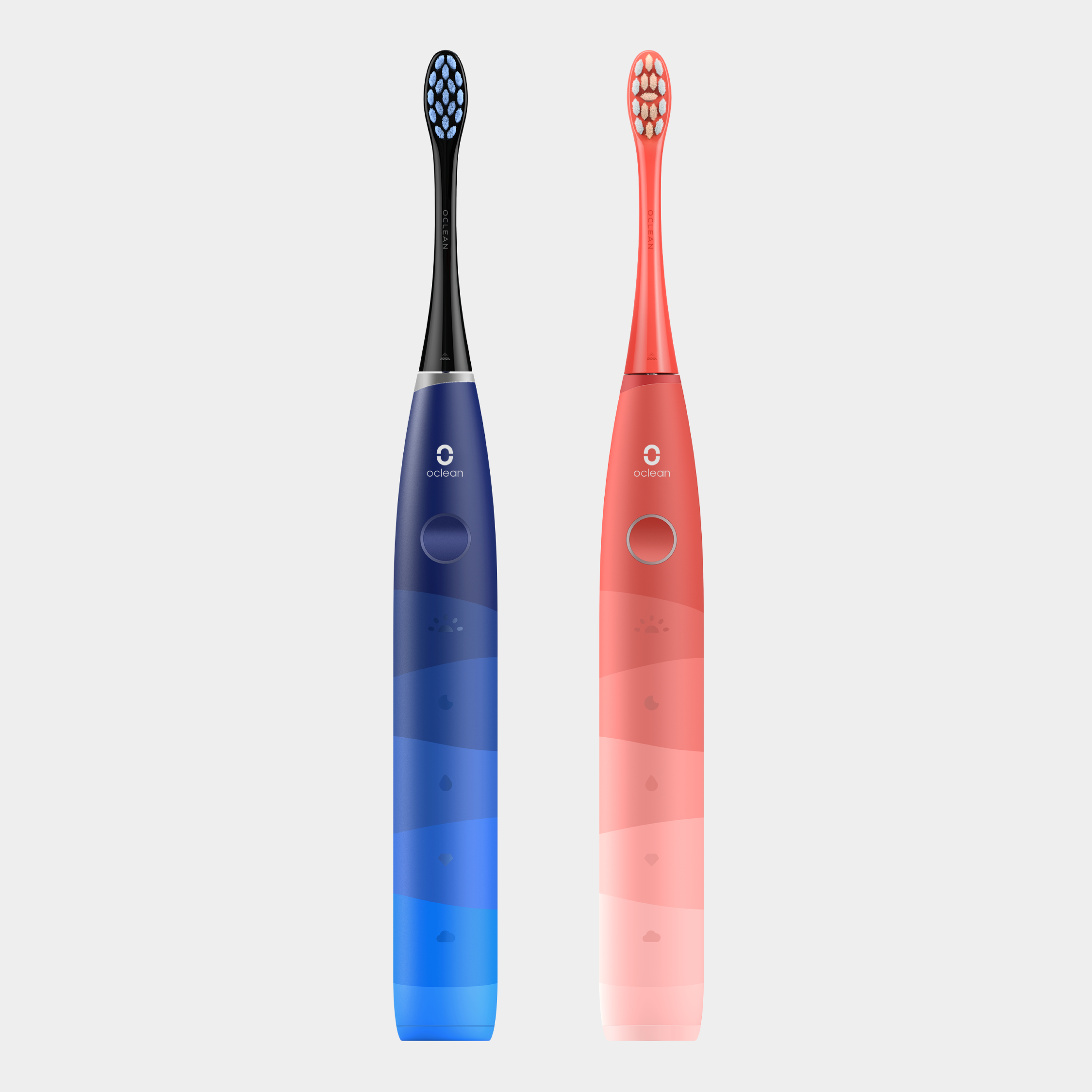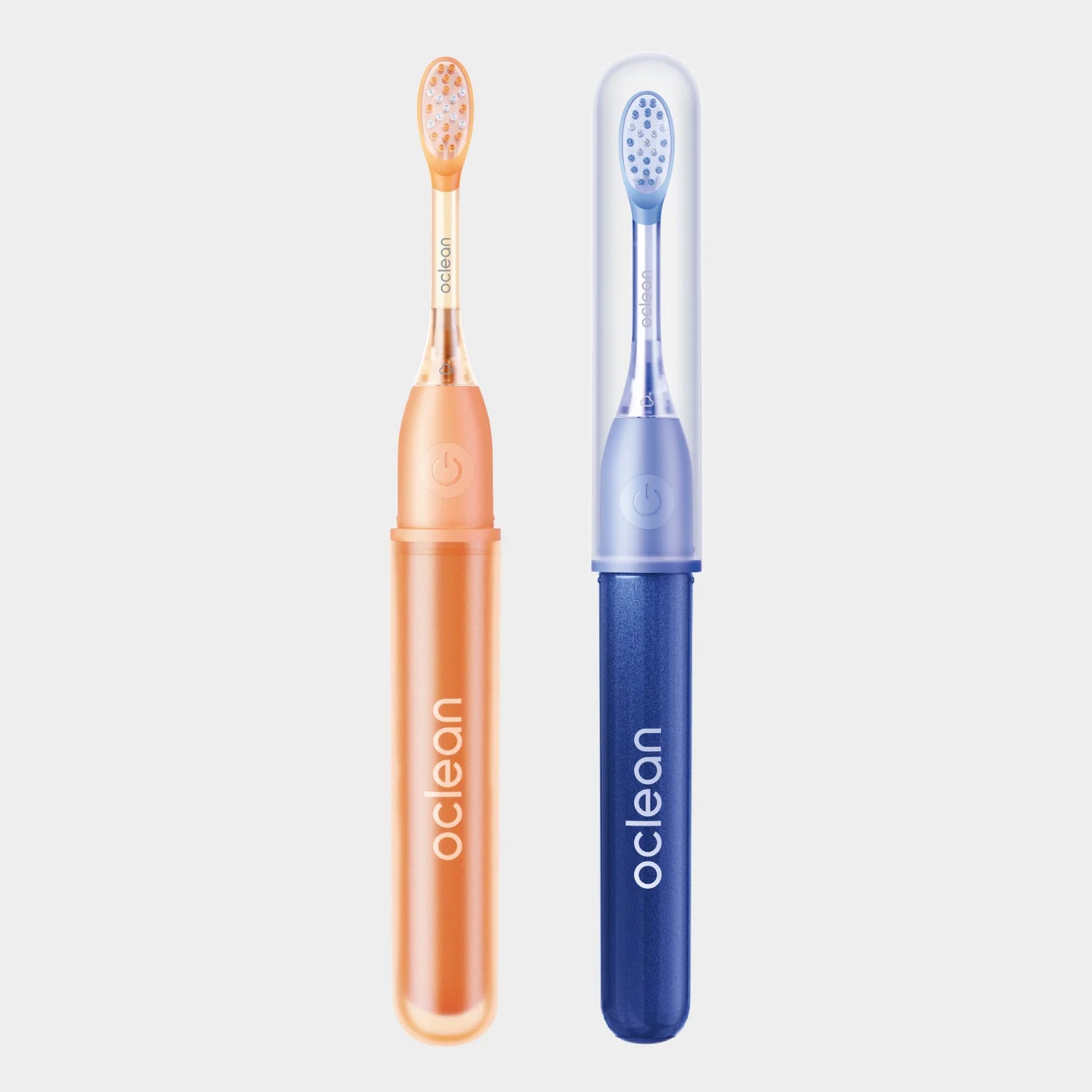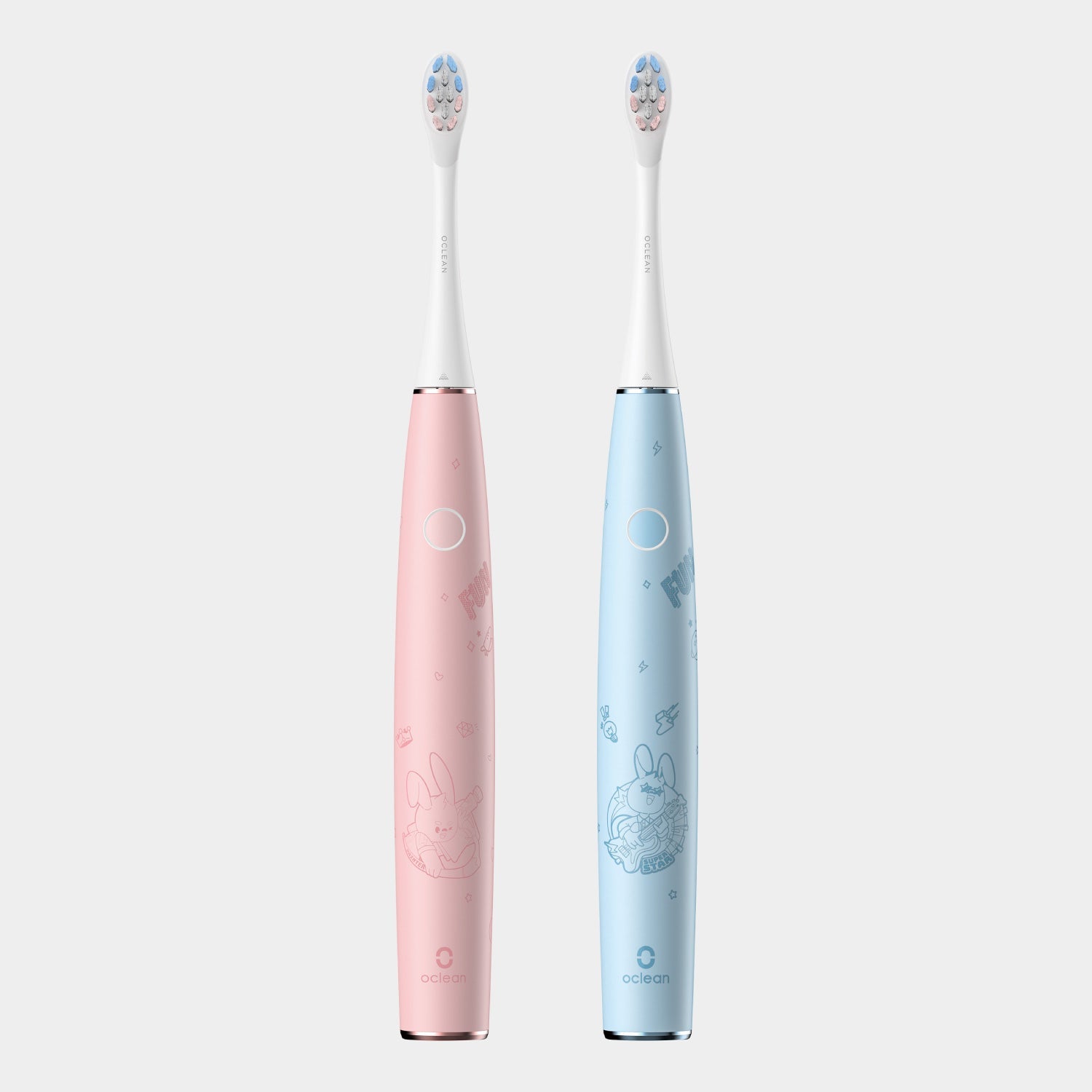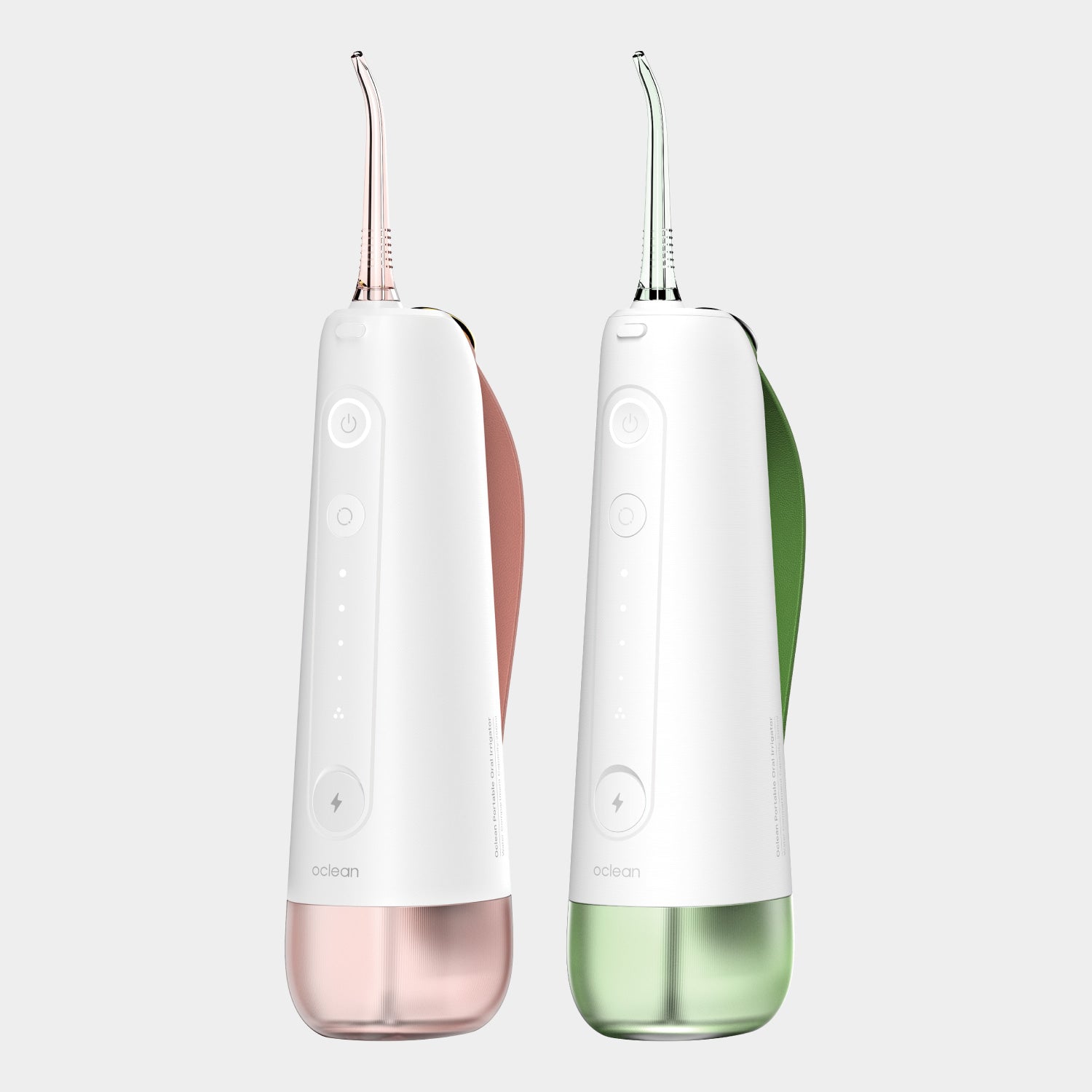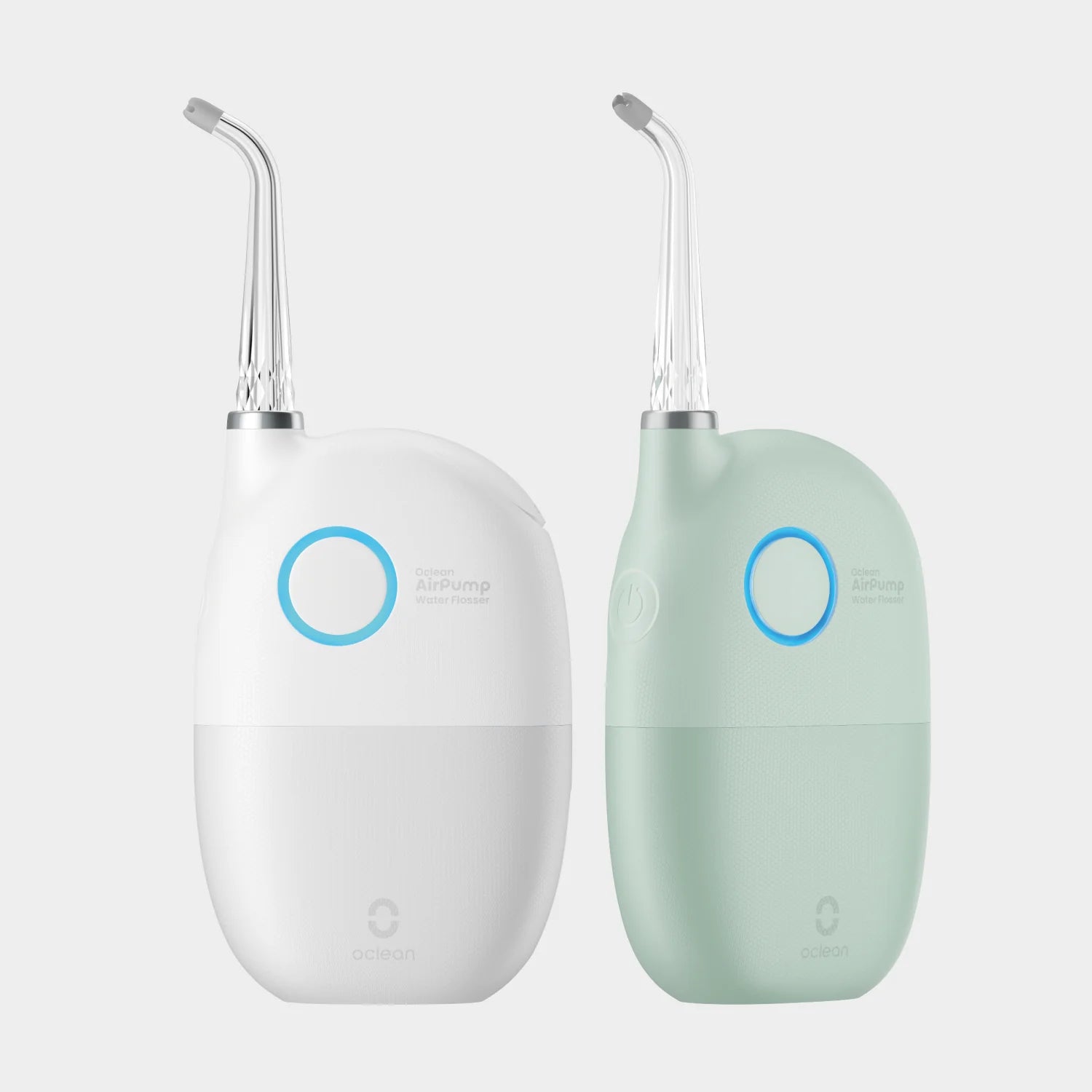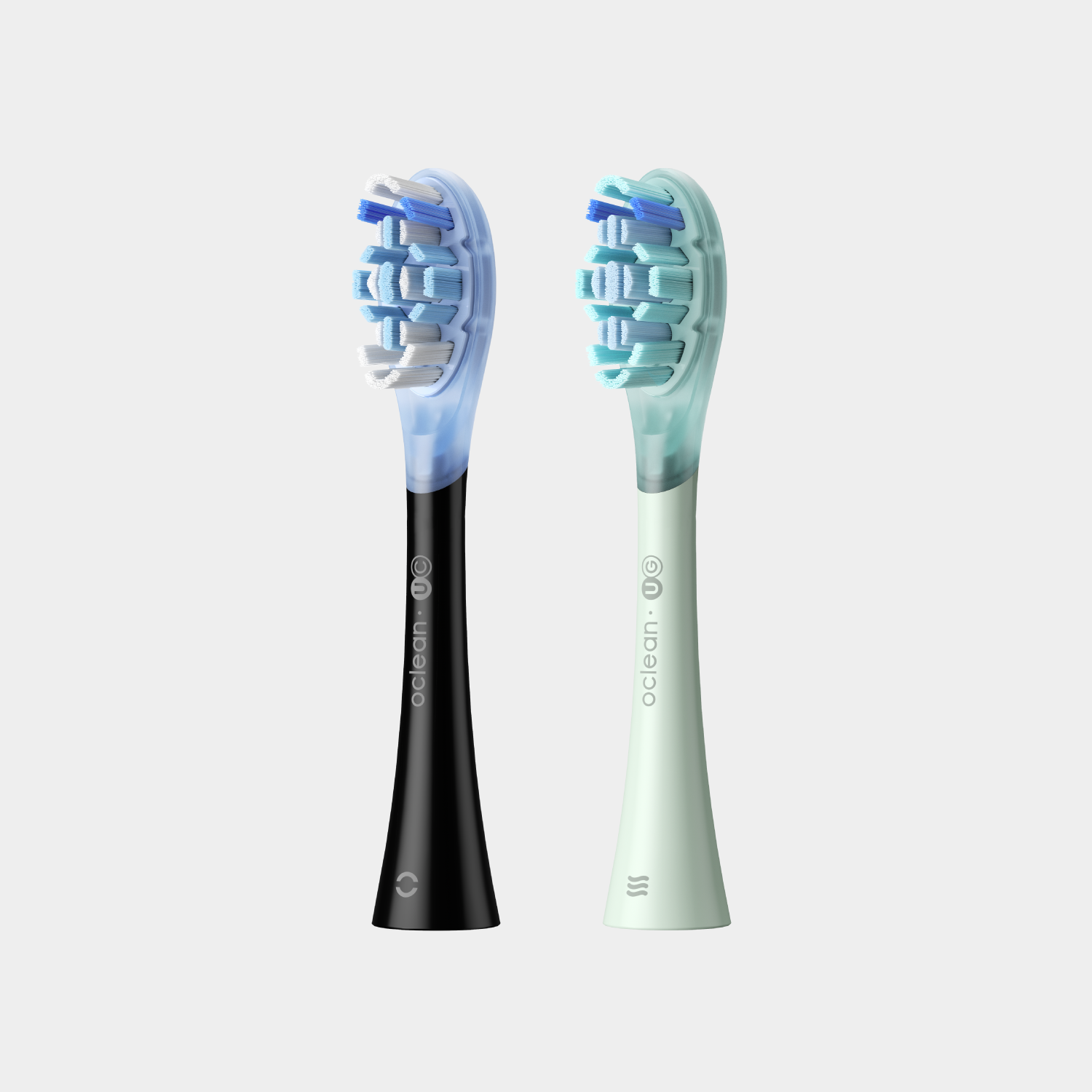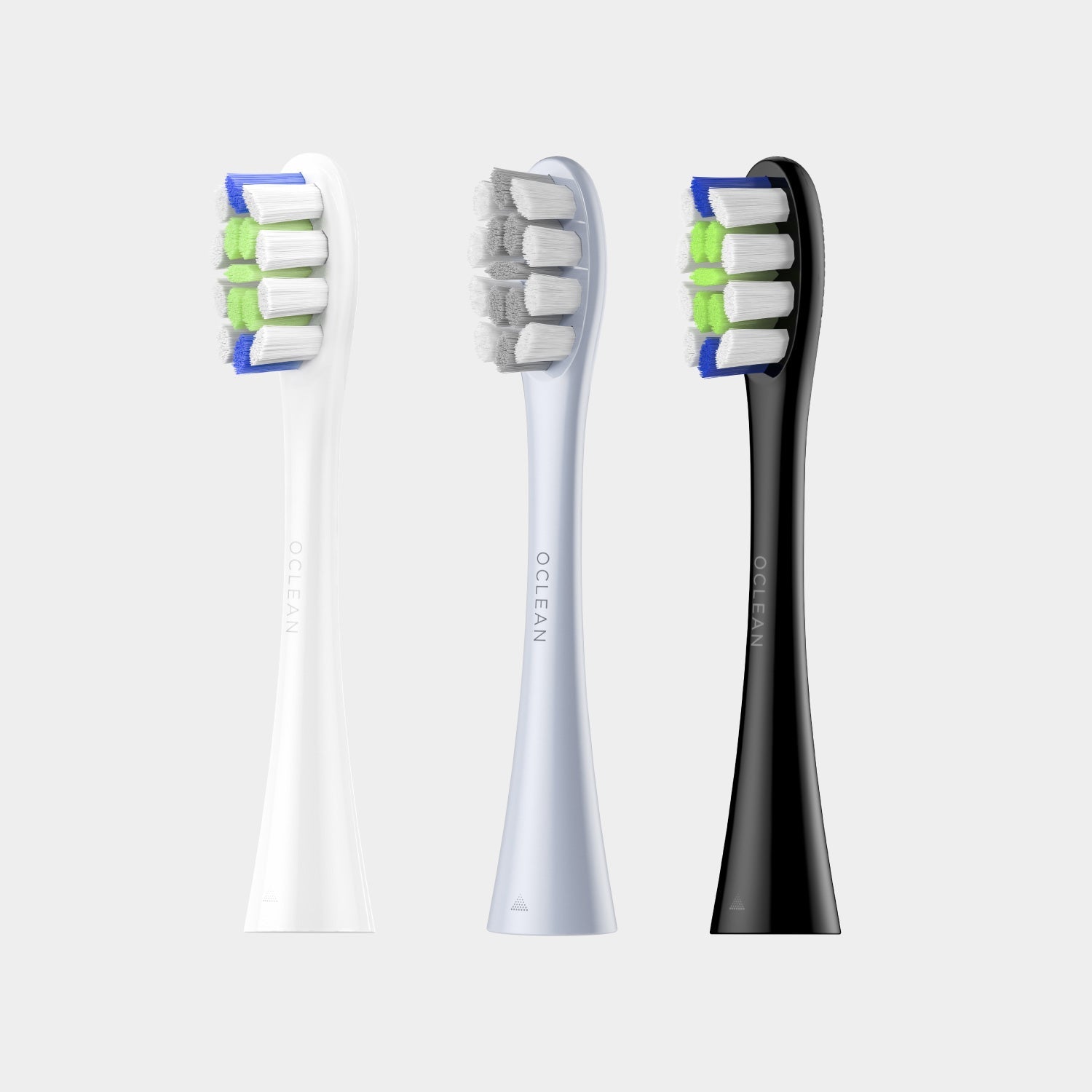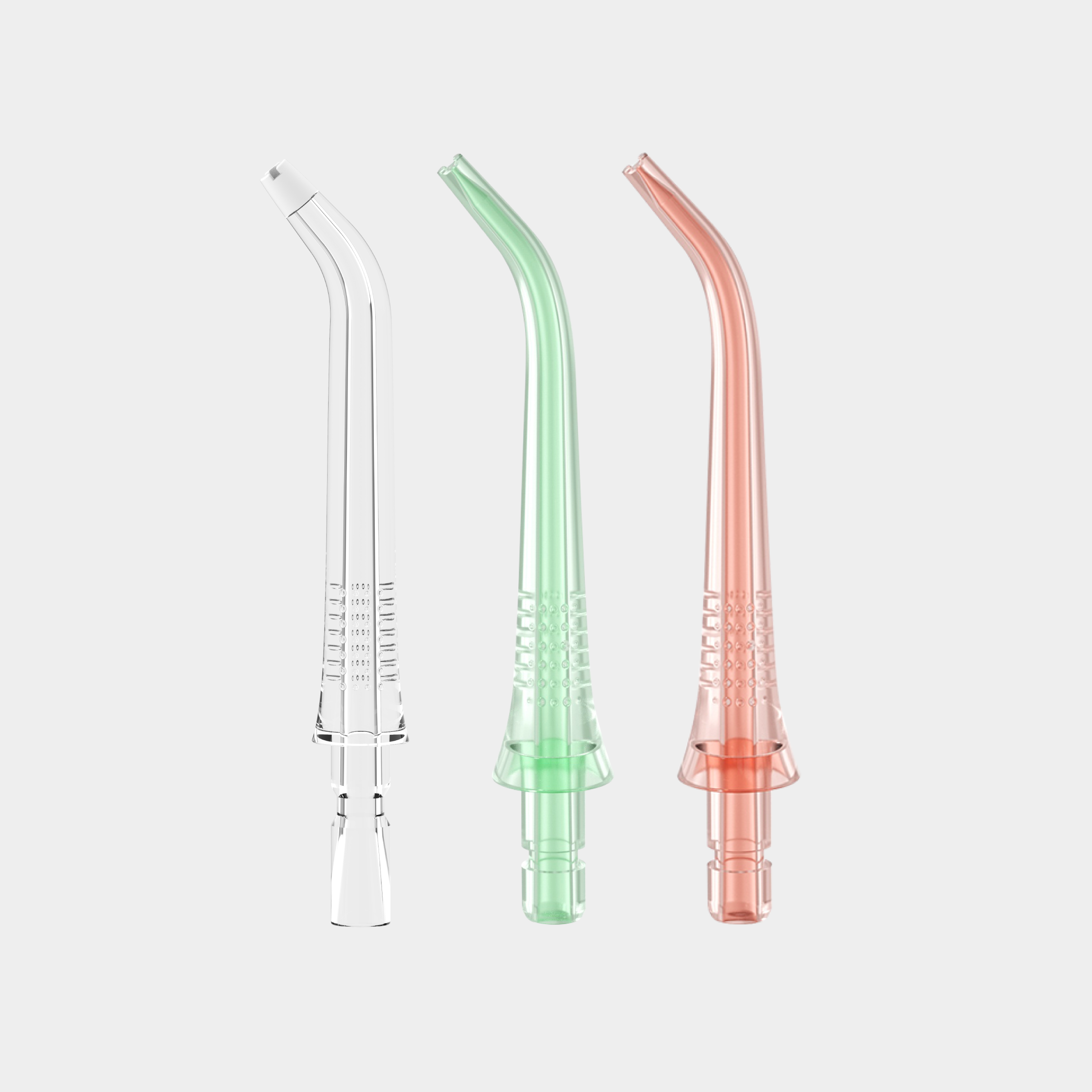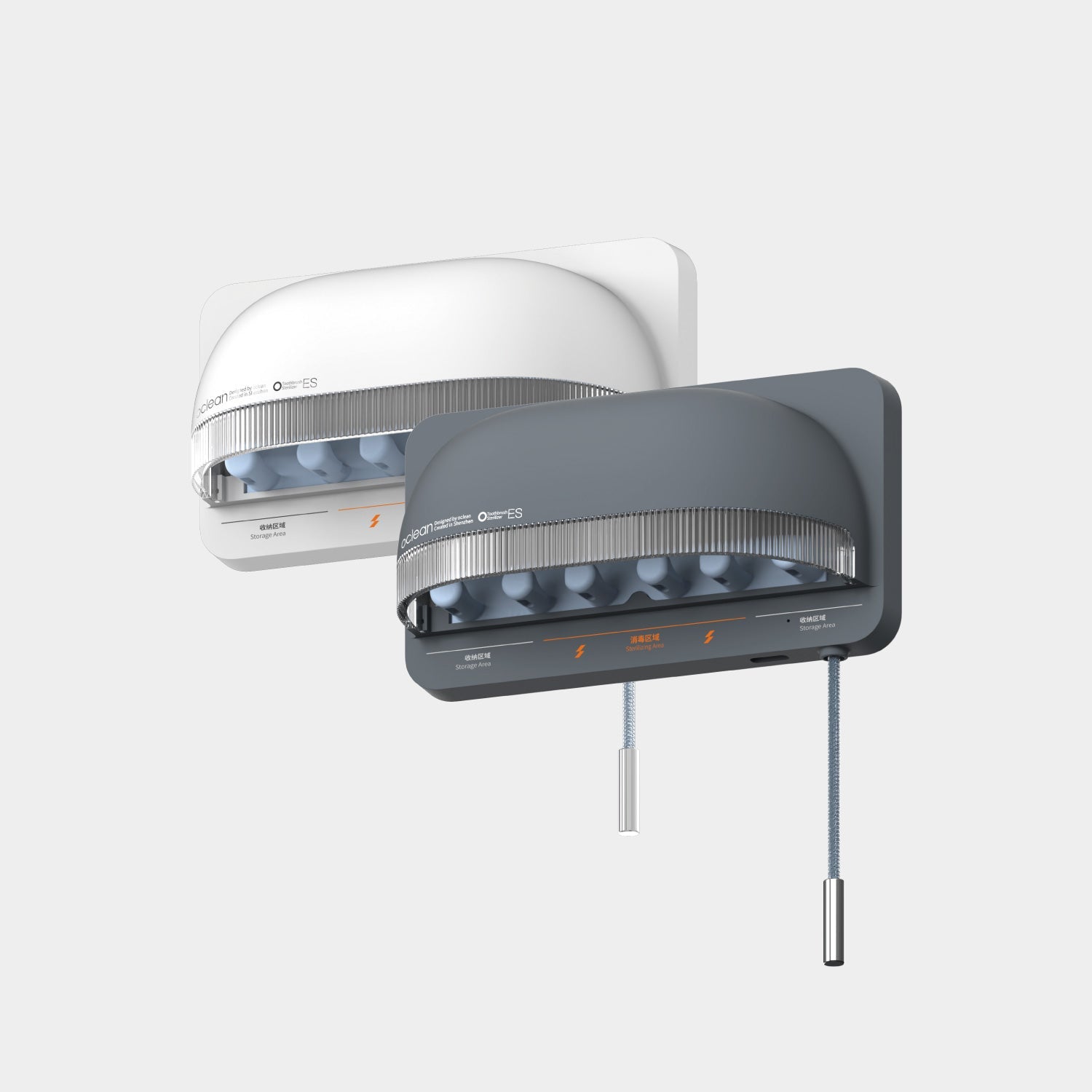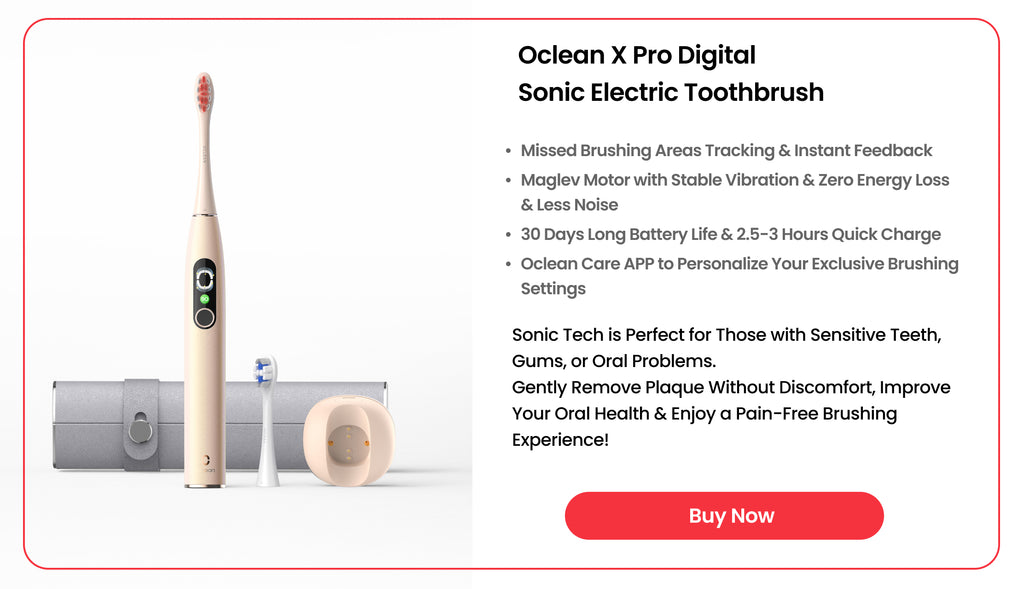Introduction
Pregnancy is a remarkable journey filled with anticipation, joy, and a few unexpected twists. As an expectant mother, you’re navigating hormonal changes, cravings, and perhaps even morning sickness. But have you ever wondered why something as routine as brushing your teeth suddenly feels unbearable during pregnancy? Let’s delve into this phenomenon and explore how you can maintain good oral hygiene without feeling queasy.
Vomiting while brushing teeth sign of pregnancy , which is a common experience for many pregnant women. The mere thought of putting a toothbrush in your mouth triggers a fear of triggering nausea. So, what can you do?
The Culprit: Hormonal Changes
Hormones play a significant role in how our bodies respond to various stimuli. During pregnancy, hormonal fluctuations can lead to heightened sensitivity, altered taste perceptions, and even nausea. Here’s how these hormonal changes impact your oral health:
- Increased Blood Flow: Pregnancy hormones cause increased blood flow to your gums, making them more sensitive. This can lead to swollen, bleeding gums, especially during brushing.
- Altered Taste Buds: Hormonal shifts affect your taste buds, making certain flavors more intense or unappealing. The minty freshness of toothpaste might suddenly taste overpowering.
- Morning Sickness: Nausea and vomiting, commonly associated with the first trimester, can make any activity—especially brushing your teeth—feel unpleasant.

The Fear of Aggravating Morning Sickness
Many pregnant women experience morning sickness, which can strike at any time of day. The mere thought of putting a toothbrush in your mouth triggers a fear of triggering nausea. So, what can you do?
- Choose the Right Time: Opt for brushing when you feel less nauseous. Some women find that brushing after meals or later in the day works better.
- Use a Mild Toothpaste: If the taste of regular toothpaste makes you queasy, switch to a mild, non-minty flavor. Look for toothpaste specifically designed for sensitive teeth and gums. Consider using a sonic electric toothbrush , which provides gentle yet effective cleaning and help you to keep good oral hygiene habits
- Rinse Before Brushing: Rinse your mouth with water or a mild mouthwash before brushing. This can help reduce the intensity of the toothpaste flavor.
- Gentle Brushing Technique: Be gentle with your toothbrush. Use soft bristles and a light touch to avoid triggering your gag reflex.
The Importance of Oral Hygiene During Pregnancy
Despite the discomfort, maintaining good oral hygiene during pregnancy is crucial. Here’s why:
- Caries Risk: Pregnancy increases the risk of dental caries (tooth decay) due to dietary changes and hormonal fluctuations. Frequent snacking and unusual food cravings for sugary foods can damage tooth enamel and cause so many dental problems, including tooth loss pregnancy epulis.
- Gingivitis and Pregnancy Tumors: Hormonal changes can lead to gingivitis (inflamed gums) and even small, benign growths called pregnancy tumors on the gums. Proper oral care helps prevent these issues.
- Preventing Preterm Birth: Some studies suggest a link between gum disease and preterm birth. By maintaining good oral health, you contribute to a healthier pregnancy.Additionally, as pregnancy hormones resolve, it’s essential to prioritize your oral hygiene to ensure overall well-being.
Tips for Comfortable Brushing
- Position Matters: Find a comfortable position for brushing. Some women prefer sitting on a stool or leaning over the sink.
- Short and Sweet: Focus on thorough but brief brushing. Two minutes is ideal, but if that feels too long, aim for at least one minute.
- Don’t Forget Flossing: Flossing is equally important. Use gentle floss or interdental brushes to clean between teeth.
- Regular Dental Visits: Continue visiting your dentist for regular check-ups. They can address any concerns and provide personalized advice.
Conclusion
Feeling disgusted while brushing your teeth during pregnancy is common, but it doesn’t mean you should skip this essential hygiene practice. Adapt your routine, choose the right products, and prioritize your oral health. Remember, a healthy smile contributes to a healthy pregnancy!


